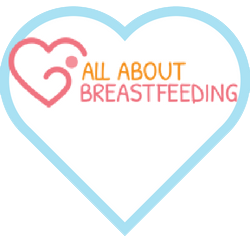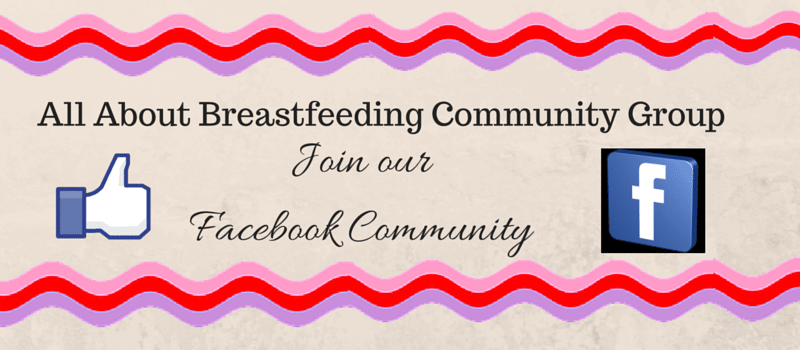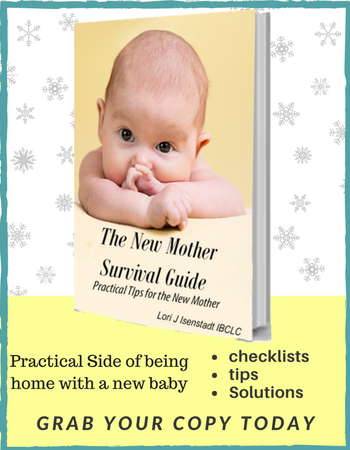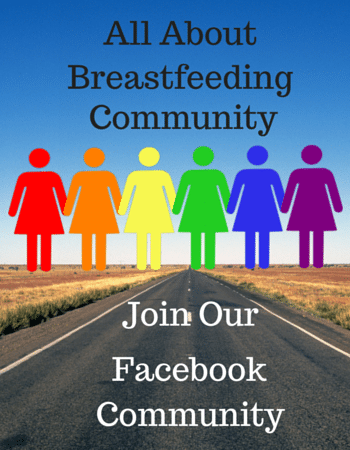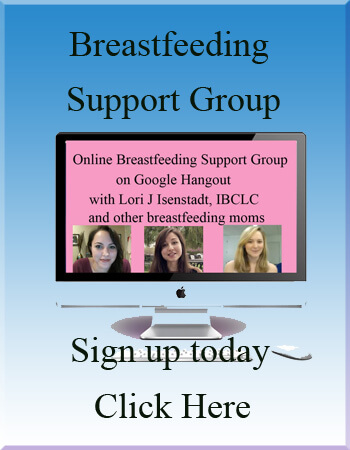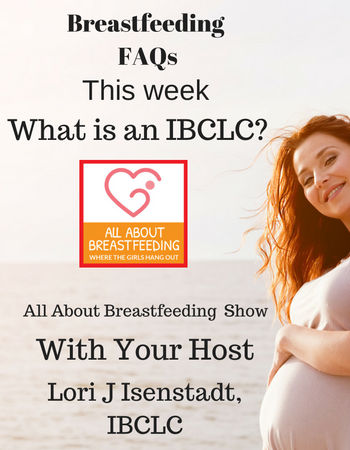Jennifer Moyer:
“There’s hope there’s help and they’re not alone. These conditions make us feel isolated and like we are not normal. Getting the help is so important and getting the right help. Remember your paying the bills of the doctors and therapist and all. If you are not happy with find someone that you can connect with. Don’t give up. Recovery is a process. ”
Her Story.
Her Bio:
Jennifer’s mission is to bring hope and inspiration to individuals and families facing mental health challenges.
She overcame postpartum psychosis and is the author of the book, A Mother’s Climb out of Darkness. She is an advocate on mental health issues striving to increase the awareness, education, prevention and treatment of postpartum psychosis and other mental health issues related to childbearing.
Her Background:
 Studied accounting in college, realized it was so boring and switched her major to marketing, which was a good decision. She started out in banking, but with a desire to help people, she accepted a position in healthcare. Her job in healthcare marketing was one she enjoyed. Jennifer planned to return to work after her baby was born. However, once she held her baby she realized that she could not leave her baby and made the decision to stay home.
Studied accounting in college, realized it was so boring and switched her major to marketing, which was a good decision. She started out in banking, but with a desire to help people, she accepted a position in healthcare. Her job in healthcare marketing was one she enjoyed. Jennifer planned to return to work after her baby was born. However, once she held her baby she realized that she could not leave her baby and made the decision to stay home.
Breastfeeding Education:
Jennifer was very excited to be pregnant and read and studied extensively in the area of birth and breastfeeding. She took Bradley classes which she is very grateful for. Even with all of her reading, she had never read anything on postpartum psychosis.
Birth and Beyond – Her breastfeeding experience
Jennifer said that breastfeeding initially went well. She only had 1 night of breastfeeding support before discharge. Once home, She continued to breastfeed and felt it was going well. By Day 3, her milk came in with a vengeance and the breast engorgement was horrible. Jennifer said she went from an “A to “D” overnight and it was very painful. The lactation consultant that she hired to provide a home visit, gave her a care plan as to how to get through the engorgement but this surely was a difficult time that was unexpected. She used hot compresses, used a crockpot and began using a hospital grade pump. The pumped milk in the freezer turned out to be a blessing as she was to utilize this stash at a later date.
She had no idea about hormonal shifts during the early days of pregnancy and was not prepared for this. One of 8 siblings, Her sister did prepare her for the “baby blues”. Her husband went to work and her sister came to help her. She shares the story of her sister bringing her niece and her nieces reaction to what she observed.
We talked about how most moms are so focused on the birth and not really thinking too much of being home with a new baby and what postpartum life will be like and what resources might be needed. Jennifer spent a week or so until she felt things regulated and her baby blues subsided. By 2 weeks postpartum she was feeling much better. Her mom who had 8 babies herself, was her “postpartum mommy doula” and helped her out until her son was about 6 weeks old. Jennifer says that this time was wonderful. She had great family support and believe the great support was wonderful and yet she feels this delayed what was eventually to come.
Jennifer also brought up something that was quite interesting. Her fellow employees were her main support system in her daily life. Postpartum – they were no longer there for her on a daily basis. Her husband worked nights and she felt quite isolated. The trusted people who she would go to for all the daily ups and downs were not in the same building with her. In addition to the lack of daily support, she also realized the magnitude of being responsible for a little human being. Breastfeeding was going well and her baby was gaining well.
By 8 weeks her baby was sleeping well, but she was not sleeping so great. While she did have some issues with exhaustion, and she did start feeling a bit anxious leading up to her mom leaving. The first real sign of something wrong happened one night about 8 weeks postpartum when she was writing thank you notes. Out of nowhere she had a sudden fear that someone was trying to harm her and take her baby. It progressed quickly, she could not sleep and had noone to talk to about these fears. She went 3 nights without any sleep and her behavior drastically changed.
She learned later that these were delusions, but at the time she had no idea what was happening. Her husband knew something was not right, did not know what to do and reached out to her obstetrician. Her physician did come to her house one night who upon evaluation, in turn called for the paramedics. Jennifer knew her physician was coming and looked forward to her visit because she felt that she could help her with all these fears.
Her fear did become a reality as she was brought to the hospital and kept from her baby. There was concern that Jennifer had taken drugs and wanted the baby tested. She was diagnosed with postpartum depression and did not believe this is what she was suffering with because she was not feeling depressed at this time. She did pump during her hospital stay ( 3-4 days) and during her separation, her baby was fed milk that she had previous pumped and frozen.
She was discharged, medication free and returned to breastfeeding which was otherwise going well. This was a strain on her physically but the trauma of what happened to her and the continued sleep deprivation she had equalled another forced hospitalization 2 weeks later. Her family requested a second opinion and here is when she was diagnosed correctly.
The medication that she needed to take for her medical condition required her to discontinue breastfeeding.
She stopped abruptly and did not realize at the time how dangerous this can be. For your breast health as well as for your emotional health this can be quite harmful. She was not given good information on abrupt weaning. We have a good conversation on this topic.
With taking away one of the things that was going so well, breastfeeding, feeling alone and isolated, dealing with trauma of all that had happened to her. This ultimately led into depression which is commonly happens after psychosis.
Postpartum Life
Jennifer did not even know that mental health even existed as there was no family history. Being depressed her first year, She never had the opportunity to talk to another mom who had been through this health issue. Jennifer feels it would have been helpful to talk to other moms. In 2001, at her first conference with PSI, that she first got to meet others who had knowledge of postpartum depression.
She says her first year was challenging. Recovery is a process and it is different for everybody. Hearing this is hard because we want all the answers as well as the resolve right now. The treatment process varies depending on individual diagnosis and situation. It also includes medication if necessary as well as correct therapy and additional family and friend support. Addressing sleep deprivation is very important as this increases the risk factor for postpartum mental health disorders.
Postpartum Depression
Postpartum Psychosis – increases risk for Bipolar. We have learned that there is a link between the two
Postpartum Anxiety
Post traumatic stress disorder
Obsessive Compulsive Disorder
What does Jennifer feel could have been done better from the very beginning?
It would have been beneficial if there was a provider who was familiar with and had training in ppd
Providing the correct therapy from the beginning
It took her a good year to get into the right therapy treatment.
We spent time talking about Postpartum Support International – PSI and the work they are doing for the lay person as well as for professionals. Jennifer tells me they are creating a curriculum for professionals.
Jennifer’s Motivation to talk about her experience:
“Righteous Anger” – We should be preventative and pro-active. It seems like tragedy needs to happen first.
In 2003, she tragically lost her mom in a car accident. This was the turning point for her to begin writing her book. Suicide is one of the leading cause of death in postpartum moms. She was fortunate to have her loving mom in her life and recognizes that with postpartum depression and psychosis, some kids are not as fortunate to have their mom with them. This was a motivating factor to write the book.
The Year 2017 was a difficult year:
Jennifer had a difficult year. A close friend passed away, she changed medications, she is going through peri-menopause and all of these things together have made it for a very difficult year. This made it had for her to take the time to promote her book. However, she has a renewed interest in sharing her knowledge. Jennifer tells me that 2018 has already begun very well – “I got to hug a redwood.”
Words of Hope:
Being a mom is the most important job and it is on the job training.
If you are having any challenges, please reach out for help.
Contact Info for Jennifer Moyer:
https://www.facebook.com/amothersclimboutofdarkness/
Groups:
PSI – www.postpartum.net
https://marcesociety.com/
http://www.postpartumprogress.com/
Film:
Dark Side of the Moon
When the Bough Breaks

listen Now
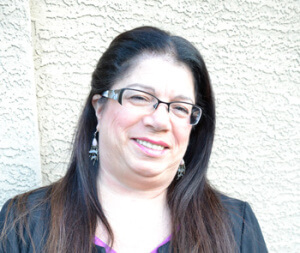 Lori Jill Isenstadt, IBCLC is a huge breastfeeding supporter. She has spent much of her adult life working in the maternal health field. Once she became turned on to birth and became a childbirth educator, there was no stopping her love of working with families during their childbearing years. Lori became a Birth doula and a Postpartum doula and soon became a lactation consultant. She has been helping moms and babies with breastfeeding for over 25 years. Lori founded her private practice, All About Breastfeeding where she meets with moms one on one to help solve their breastfeeding challenges. She is an international speaker, book author and the host of the popular itunes podcast, All About Breastfeeding, the place where the girls hang out. You can reach Lori by email at: aabreastfeeding@hotmail.com or contact her via her website: allaboutbreastfeeding.biz/contact
Lori Jill Isenstadt, IBCLC is a huge breastfeeding supporter. She has spent much of her adult life working in the maternal health field. Once she became turned on to birth and became a childbirth educator, there was no stopping her love of working with families during their childbearing years. Lori became a Birth doula and a Postpartum doula and soon became a lactation consultant. She has been helping moms and babies with breastfeeding for over 25 years. Lori founded her private practice, All About Breastfeeding where she meets with moms one on one to help solve their breastfeeding challenges. She is an international speaker, book author and the host of the popular itunes podcast, All About Breastfeeding, the place where the girls hang out. You can reach Lori by email at: aabreastfeeding@hotmail.com or contact her via her website: allaboutbreastfeeding.biz/contact Submit a comment
your email address will not be published
